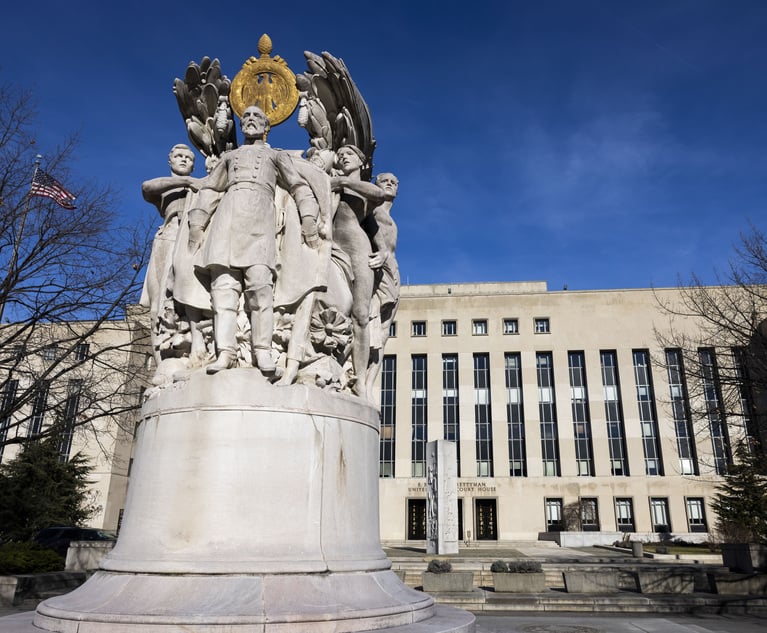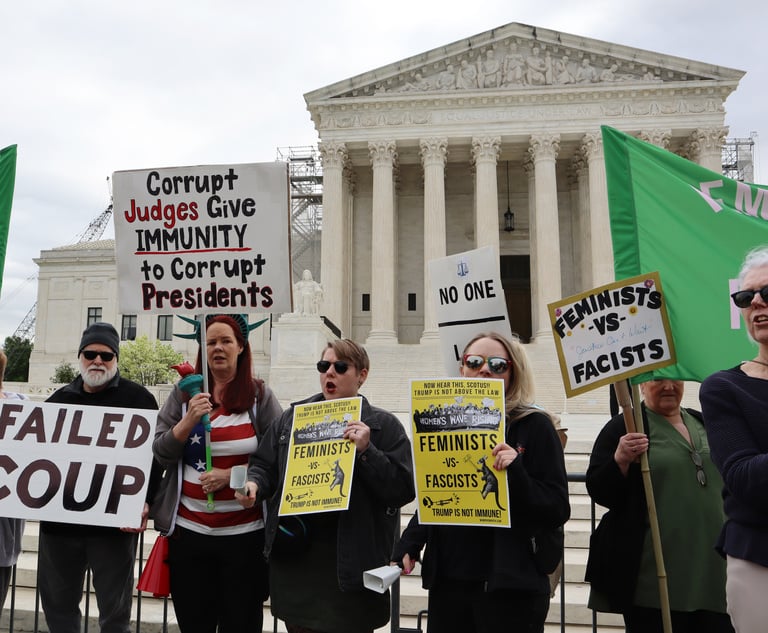The late Justice Antonin Scalia led a revolution in how to interpret the constitutional right to confront your accuser. Justice Neil Gorsuch on Monday seemed ready to carry the flag.
As a judge on the U.S. Court of Appeals for the Tenth Circuit, Gorsuch, who took Scalia’s seat after his death in 2016, had not written on the scope of the Sixth Amendment’s confrontation clause. But in a dissent Monday in an Alabama drunk-driving case, Gorsuch offered a hint of where he may be headed. Gorsuch, joined by Justice Sonia Sotomayor, had urged the court to take up the case.
This content has been archived. It is available through our partners, LexisNexis® and Bloomberg Law.
To view this content, please continue to their sites.
Not a Lexis Subscriber?
Subscribe Now
Not a Bloomberg Law Subscriber?
Subscribe Now
LexisNexis® and Bloomberg Law are third party online distributors of the broad collection of current and archived versions of ALM's legal news publications. LexisNexis® and Bloomberg Law customers are able to access and use ALM's content, including content from the National Law Journal, The American Lawyer, Legaltech News, The New York Law Journal, and Corporate Counsel, as well as other sources of legal information.
For questions call 1-877-256-2472 or contact us at [email protected]


 Neil Gorsuch testifies at his confirmation hearing in March. Photo: Diego M. Radzinschi/NLJ
Neil Gorsuch testifies at his confirmation hearing in March. Photo: Diego M. Radzinschi/NLJ







